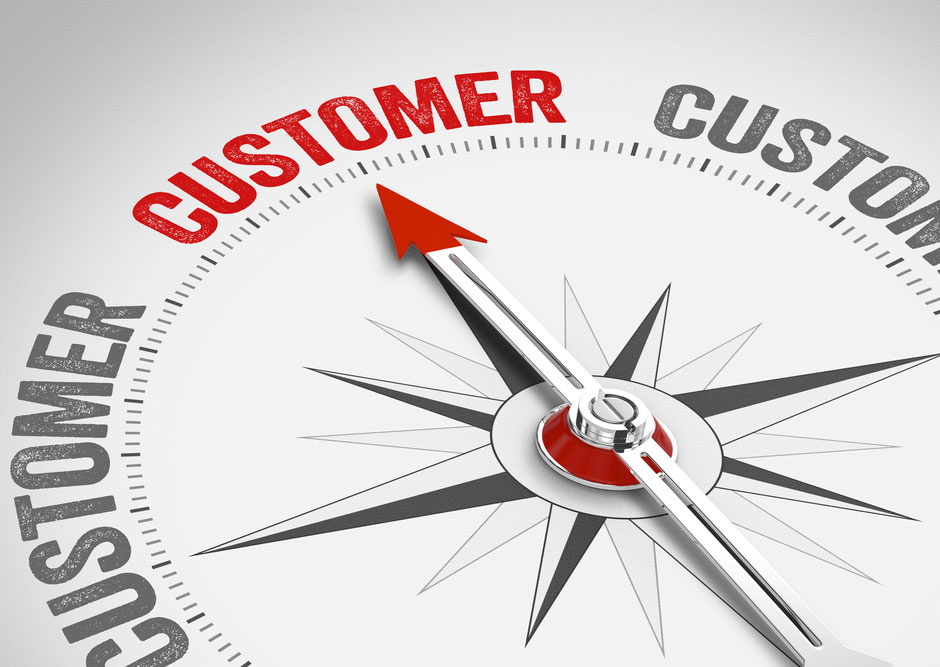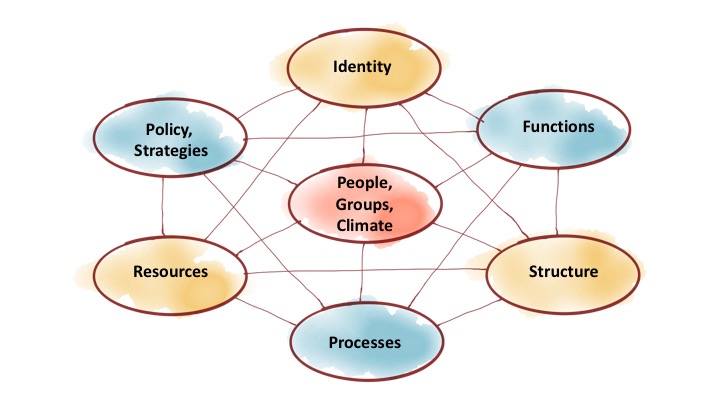Leadership Development
Elements of Successful Leadership Development Programs
Effective leadership development programs combine person-related and system-related perspectives of leadership. They develop individual leaders as well as the leadership-system in organizations.
Their elements relate to
- Leading oneself
- Leading people
- Market, environment and customers
- Organization design
Using an innovative methodological approach is as important for successful leadership programs as the selection of competencies that are conveyed.
Entscheidend sind auch die Nähe der Inhalten und praktischen Beispielen zur Unternehmensrealität. Zudem braucht es nachhaltig wirkende Lernerlebnisse:
- Training sessions that provide relevant insight and make fun
- Organization siumulations as eye-openers for company processes
- Tasks and learning projects for the organization's maximum benefit
- Reflective methods and feedback for the participants' personal development
- Digital learning tools and social collaboration platforms to get the highest possible outcome.
7 Guiding Principles for the Mindful Executive
Taking a humanistic attitude
Appreciation and respect form the basis for good cooperation. A humanistic attitude means that respectful encounters are not dependent on the performance of a colleague or an employee. With this attitude we strive for individual self-fulfilment and personal development. (>> Authority and Empowerment)
Paths are made by walking.
— Franz Kafka
Focusing on the customer
Customer orientation does not only mean that you react to customers’ demands. Comprehensive market and customer orientation means that all company processes are consistently aligned to the customer's needs. This applies to core processes as well as internal management and support processes. Trigon's comprehensive market and customer orientation compass can provide helpful guidance.

Understanding resistance as communication
In change processes, existing behavioural patterns and adherence to routines are often interpreted as resistance. But routines also play an important role: the organisation knows its strengths and acts professionally and confidently. Real change is only possible if existing communication patterns are acknowledged as having been suitable for the past and if there are sufficient learning phases to allow new routines to be created.
Developing the organisation in a systemic-evolutionary way
Organisations are evolutionary systems. Their cultural, social and technical-instrumental system elements influence each other in a complex way.

It is important to clarify: Where can logical-causal initial situations enable classic strategic planning? Where are clear decisions about right and wrong possible?
Where, however, does the complexity of a living system, in contrast, require agile and iterative planning principles, the courage to experiment and a no blame culture that promotes all of this?
Developing meaning and creating opportunities for participation
Success, like happiness, is the unexpected side effect of one's personal dedication to a cause greater than oneself.
— Viktor Frankl
People strive to behave meaningfully. Meaning is not an absolute and unchangeable category, but is constructed according to the experiences made. A manager creates a sense of meaningfulness when the personal experiences of employees are taken into consideration before decisions are made and the employees are included in the decisions.
Creating fair partnerships
You don't achieve loyalty by asking for it. A company needs a fair partnership with its customers in order to establish a sustainable customer relationship – the same holds true for the relationship with its employees. The opportunities are manifold, but the important thing is that the individual employees experience this fairness subjectively for themselves.
Mindfulness towards oneself
Increasing pressure, the ever-accelerating pace of work, shorter recovery periods, increasing insecurity due to rapid changes and high complexity - all this is causing managers more and more problems. In extreme situations, the results are permanent overload and increasingly often even burnout, depression, resignation. All this is a sign that an executive has not been able to cope with the increasingly difficult environment.
As a rule, blaming the conditions does not help anyone. More importantly, managers need to develop personal skills to quickly relieve stress and to cope with external pressure.
Mindful leadership elements in human resource development enable changes in unconscious thoughts, feelings and behavioural programs. This creates space for creative behaviour in difficult leadership situations, adapted to the situation.
